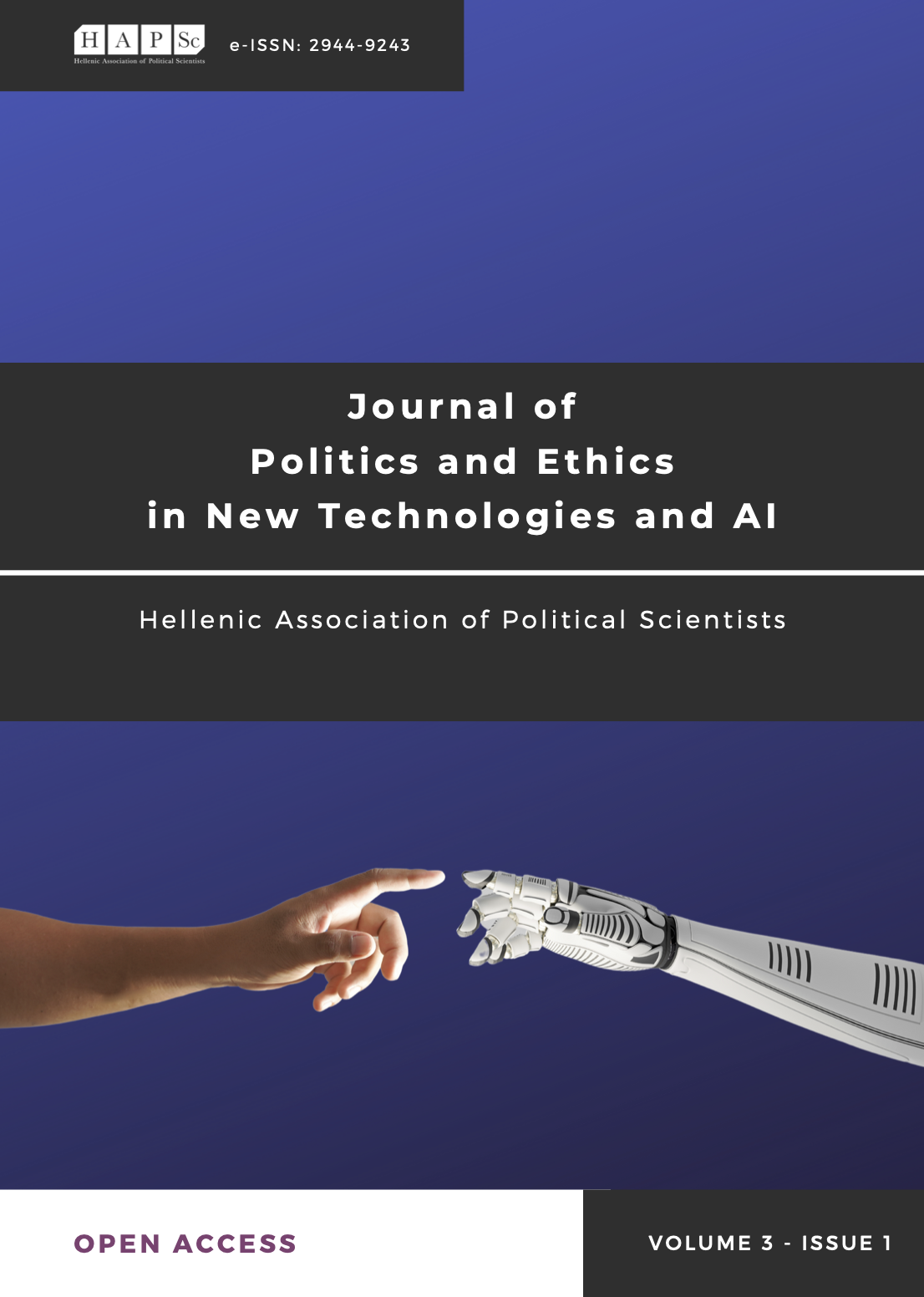The Application of Artificial Intelligence in the Field of Education: Challenges and Opportunities

Abstract
Artificial Intelligence (AI) has become an integral part of our lives, revolutionizing various aspects, including education. Its implementation in education has the potential to transform traditional teaching methods, providing personalized and adaptive learning experiences for students. In this paper, we will explore the role of AI in education and its impact on educators and learners alike. The introduction of AI in education opens up new opportunities not only for personalized and adaptive learning but also to streamline administrative processes. AI in education refers to the utilization of intelligent systems and technologies to enhance the learning process. It involves the integration of machine learning, natural language processing, and data analysis to create intelligent tutoring systems, virtual instructors, and smart classrooms. These advancements enable individualized learning pathways for students, catering to their unique learning styles, interests, and needs. However, it is crucial to proceed with caution, addressing privacy and ethical considerations to ensure the responsible use of AI in education.
Article Details
- Section
- Commentaries

This work is licensed under a Creative Commons Attribution 4.0 International License.
Authors retain copyright and grant the journal right of first publication with the work simultaneously licensed under Creative Commons 4.0 (CC-BY 4.0) license, that allows others to share the work with an acknowledgement of the work's authorship and initial publication in this journal.





